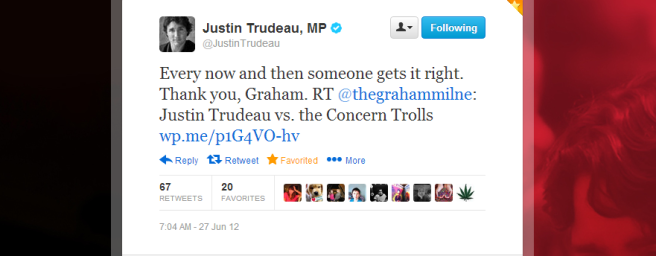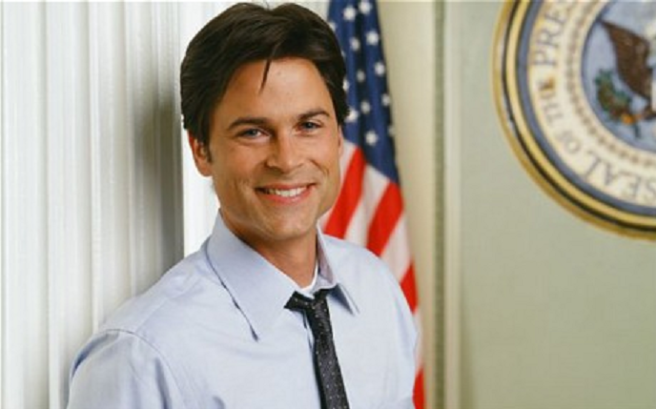Fair warning for the squeamish – some NSFW language today. Don’t worry, I grawlixed it up for you.
Don’t know about the rest of y’all, but I had a pretty nice weekend – lots of quality time with the wife and kid, getting to see my best friend and his wife and kid for the first time in some months, eating too much, ramping up my vitamin D content by getting out in the sunshine. And starting to go running again, because yay exercise. So I’m feeling quite a sense of uplift as the long weekend comes to a close and I pop onto my laptop yesterday evening to check and see if another friend has posted any more updates from his Las Vegas wedding. Right off the bat I see a notification in my email. From a literary agent I queried recently.
It’s a rejection.
I’ve done enough research on querying and read enough tweets and blogs and other material by agents to recognize a form rejection when I see one. It has no salutation and is the usual canned rigmarole about the market being difficult and terribly sorry but this didn’t do it for them. My shoulders slump and my stomach hurls a tablespoon of acid against itself for about half a second and I sigh. Intellectual me says, yeah, you don’t really want anyone representing you who doesn’t think your work is so awesome that they would proudly stand between you and a mob coming after you with torches and pointed sticks. So thank you for your time, fare thee well, best wishes and all that. Onwards and upwards.
Emotional me thinks otherwise. Emotional me wants to channel this fictional character and yell, “@#$@ you, you @#$@ing literati latte-sipping snob, how DARE you dismiss my insightful yet entertaining BRILLIANCE without so much as a by-your-leave!!! DON’T YOU REALIZE WHAT YOU’VE MISSED OUT ON IN YOUR PEON-LIKE SHORTSIGHTEDNESS???” You know, the pitiful wail of the wannabe knocking desperately on the glass a la Dustin Hoffman in the last scene of The Graduate. They say you have to develop a thick hide in this profession, but what they fail to mention is that you only callus up by absorbing punch after punch. And a punch @#$@ing hurts. It’s not just a quick sting. It’s a body blow that rings down into your guts and slaps your confidence around like an angry frat boy wielding a wet towel with a bar of soap rolled into it. It’s the girl you’ve had a crush on for years friendzoning you after you finally summon the courage to ask her out – you question your competence, your very existence as a man. The same goes with your ability to write after a professional turndown, no matter how inconsequential it might seem.
Sunday night I put together something for Joseph Gordon-Levitt’s hitRECord about The Other Side. Here is an excerpt from that piece that seems topical given the subject under discussion today:
We will always come up against people who do things differently, who do them better, who are less successful or more successful than we are in our chosen vocation – even in the basic vocation of being human. In this case, the other side can be a construct of intimidation, a reminder of things we can’t and will never have, of charmed lives beyond our reach via accident of birth. It can warn us about things we never want, of pitfalls we risk falling into if we are not careful. It can be a source of incomprehension, a place that is totally abhorrent to our values and our morals. Yet it can also challenge us by beckoning, daring us to try to cross over. Forcing us to better ourselves to earn the right of passage. The choice we have to make is in how we will look at the other side, if it is to be defined, somewhat crudely, as an enemy to be vanquished, or instead as an opportunity to better who we are. If we are going to look into the depth of the mirror and bare our teeth, or smile and say, I got this.
As a writer, nothing is more intimidating than the blank page. But second to that is the success of other writers, particularly when you haven’t, at least from your sulky perspective as you pore over that single rejection email, had anything comparable. Most of us have run into the soul-splintering “That’s nice, dear” from friends and family who think it’s positively peachy that you’re writing a novel but kindly get back to them when you’ve accomplished something quantifiable with it, i.e., made a @#$@load of money. We’ve also, as we’ve begun to take part in an online community of fellow writers, happened upon that insufferably cheerful blog post that can be paraphrased somewhat like so: “I worked as a claims adjuster for twenty years and then thought it would be fun to try writing a book. Two months later I had SEVEN OFFERS OF REPRESENTATION for my story about a privileged yet endearingly goofy girl who just can’t find the right man!” Sometimes it’s enough to make you want to chuck the laptop against the wall and settle into a monotonous life of trying to accomplish nothing more than finding the last gnome in Fable III, elusive bastard that he is.
I’m glad I’ve started running again, because for me nothing is better for working through anger and frustration. You channel each pissy thought into a determined flail of your legs and arms and burn the petulance out with each increasingly agonized stride. @#$@ you, flabby body, @#$@ you, pedantic writing twits, @#$@ you, uncaring literary world, @#$@ you, unfairness of life in general. You tear through your neighbourhood as the sun rises and hope that the few folks you pass won’t notice the look of homicidal rage etched on your face and call 911. Finally the app tells you you’re done, and you slow to a cooling walk and realize as you reach your door, drenched from head to toe in eye-stinging sweat, that you have purged those thoughts in a cleansing, cathartic fire. And as intellectual you reasserts his dominance you realize, in the mode of Jimmy Stewart in It’s a Wonderful Life or Richard Dreyfuss in Mr. Holland’s Opus, that you are a successful writer, and here are a few reasons why:
1. You covered an election for the largest newspaper in Canada.
2. The leader of the Liberal Party and the potential future leader of the country liked something you wrote about him so much he shared it with his over 200,000 Twitter followers and thanked you by name.
3. Arianna Huffington invited you to write for her online news service. Pretty nice club to be in, given that your writing hero Aaron Sorkin writes for it too. And you’ve written 20 more articles for it than he has. A post of yours was featured over Kirk Douglas once. YOU WERE PLACED HIGHER THAN KIRK @#$@ING DOUGLAS, the man who broke the Hollywood blacklist for Christ’s sake. (UPDATE: And now Stephen @#$@ing Fry writes for it too.)
4. Rob @#$@ing Lowe thanked you for something you wrote about his character on The West Wing. This guy.
5. A fellow writer whom you’ve come to admire asked if she could quote you on the back of her debut novel. Um, yeah, holy @#$@ing @#$@balls.
6. Look at this map. Look at it. Every single color on the map represents a country where someone has read something you wrote. Some of these places don’t even have running water, and yet someone there knows who you are. (And you still suck, Greenland.)
7. You have fans. Honest to goodness fans. And they’re awesome and they are always there to prop you up, without fail, when you’re wallowing in a cesspool of self-doubt and flagellation.
8. A friend once told you that a post you wrote about your father made him want to be a better dad. And you cried when you heard that.
9. When you weigh the compliments, shares and positive feedback you’ve received versus the rejections, uninterested shrugs and outright insults, the ratio is still about 500:1. And when you’ve been insulted, it’s because they didn’t like something you said. Not one of them said you were a bad writer.
10. You’re still at it.
Sorry for the diversion down Ego Street there, but these are the kinds of affirmations that writers need to poke themselves with from time to time – that the very act of putting pen to paper or finger to keyboard is in itself a form of success. Even if nought but a single soul retweeted an otherwise ignored blog post, it should be another brick to add to the wall you’re building to shield yourself against the slings and arrows that will inevitably come as you continue to knock on the glass to The Other Side. So we beat on, boats against the current, as FSF would say. Of course I’m going to keep writing, and blogging, and querying, and if I can’t get a single nibble on this novel then I’ll write another one and push the hell out of that one until the glass cracks – lather, rinse, repeat. I might even query that same agent again someday if I have another project I feel might be more up their alley. A rejection can be many, many things, but what it NEVER should be is a reason to pack it in, or worse, lash out in anger at the futility of existence. So have your pity party but wrap it up after last call and get back to work. There are words to be written, bub.
What the @#$@ is next?





